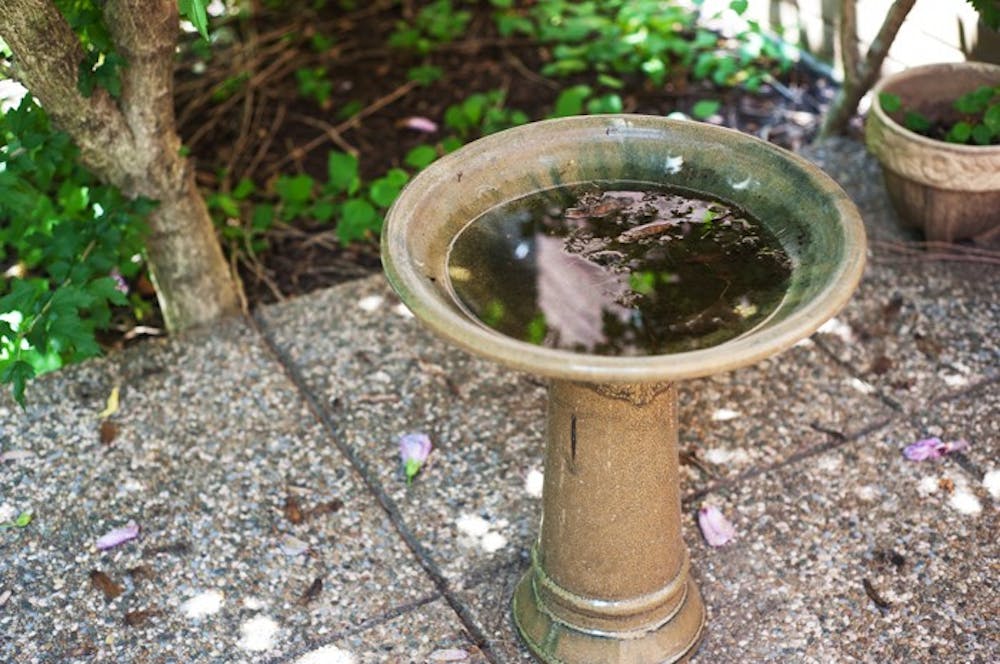Interest in mosquito control has increased for some Northwest D.C. residents after an unidentified resident complained about the West Nile Virus (WNV) at an Advisory Neighborhood Commission (ANC) meeting on July 11.
Humans can contract WNV through mosquito bites, which can cause health issues ranging from a fever to meningitis. However, only 20 percent of humans infected with the virus develop a fever, according to the Center for Disease Control.
A Department of Health factsheet published on March 20 confirms three cases of WNV in Ward 3 out of seven cases citywide.
All three cases of WNV in Ward 3 during 2011 were located near the city’s northwestern border, according to the factsheet.
While there is no human vaccine to prevent the WNV, there are a number of precautions that can be taken to prevent infection. According to the CDC, the simplest way to avoid infection is to remain indoors between dusk and dawn, the prime biting hours for mosquitoes that carry the virus.
When staying indoors is not an option, the CDC recommends a combination of long clothing and the use of over-the-counter insect repellents.
Stephanie DeStefano, the grounds operations coordinator at AU, said the grounds personnel do not typically spray for mosquitoes to avoid killing beneficial insects that live alongside mosquitoes.
Instead, the grounds personnel empty pools of standing water often to prevent mosquito populations from expanding, according to DeStefano. Mosquitoes lay their eggs in pools of standing water, which can be prevented by replacing the water every seven days, ANC Commissioner Kent Slowinski said. The water is occasionally treated with a “mosquito dunk,” a pellet containing bacteria that specifically targets mosquito larvae, DeStefano said.
Some AU students witnessed large amounts of mosquitoes in off-campus housing in the past, while others have had very few encounters with the insects.
“They were pretty bad at the Berks,” said Francesca Campbell, a School of Public Affairs alumna, referring to an apartment building near campus that houses many AU students. “There were a lot inside the apartments.”
news@theeagleonline.com





